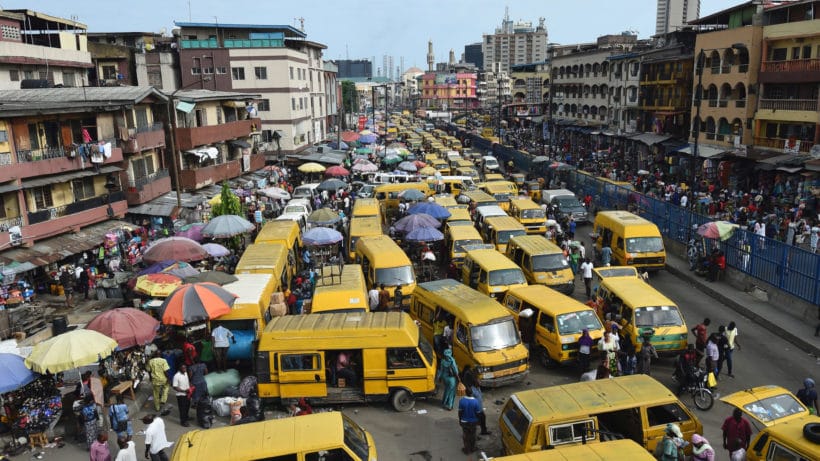
JOHANNESBURG, April 16 (Reuters) – Sub-Saharan Africa is expected to rebound this year as the continent’s economic drivers pick up momentum after activity was halted by the coronavirus pandemic, despite a slower pace of vaccinations compared with the rich world, a Reuters poll found.
Medians in a Reuters poll taken in the past week showed sub-Saharan Africa was expected to recover in 2021, growing 3.3% after contracting nearly 2% last year.
The International Monetary Fund forecast growth for the region at 3.4% this year from an estimated contraction of 1.9%.
Rafiq Raji, associate with the Africa programme at the Centre for Strategic and International Studies, expects a recovery as economies ease restrictions and activity in crucial sectors such agriculture, manufacturing, and tourism picks up.
However, “slow vaccine rollouts and rising COVID-19 cases are expected to weigh on the recovery”, said Raji.
The World Health Organization’s Africa office said on April 8 that Africa had given fewer than 2% of vaccinations administered globally.
Growth was expected this year from all the major economies with Angola at 1.6%, Ghana at 4.9%, Kenya at 5.1%, 2.0% for Nigeria, South Africa at 3.7% and 2.0% for Zambia.
South Africa, the continent’s most industrialised economy, together with Angola and Nigeria contribute around 50% to sub-Saharan Africa’s economic engine. Much healthier commodity prices are likely to buoy growth there, economists said.
Still, economists warned some growth rates were calculated from a very low base and might not be sustainable in the following two years, particularly in South Africa where growth is expected to slow to 2.1% and maintain that pace.
Thanks to a diversified continent, growth for the sub-Saharan Africa region (SSA) is likely to stick to 3.3% percent next year and grow 4.1% the following year.
“SSA inflation expectations are expected to remain high in 2021, owing to increased spending, higher commodity prices and country-specific factors. Still, the average SSA inflation rate is expected to moderate to about 10% in 2021, from about 11% in 2020,” said Raji.
Inflation in South Africa is likely to moderate, seen just below the midpoint of the central bank’s 3%-6% comfort level this year – and the following two years – despite risks skewed more to the upside over the coming year.
“Most of the upside risks to the inflation outlook in South Africa stem from exogenous forces – in particular fuel prices,” said Jeffrey Schultz, economist at BNP Paribas.
The South African rand has been resilient in past months, helping to keep interest rates stable.
Economists expected security challenges in Nigeria — Africa’s biggest economy — to likely continue to make food expensive, owing to slowed agricultural activity and logistical issues.
Hard currency shortages and monetary financing also pose significant risks to the Nigerian inflation outlook. (For other stories from the Reuters global economic poll )
(Reporting by Vuyani Ndaba; Polling by Manjul Paul; Editing by Alison Williams)

